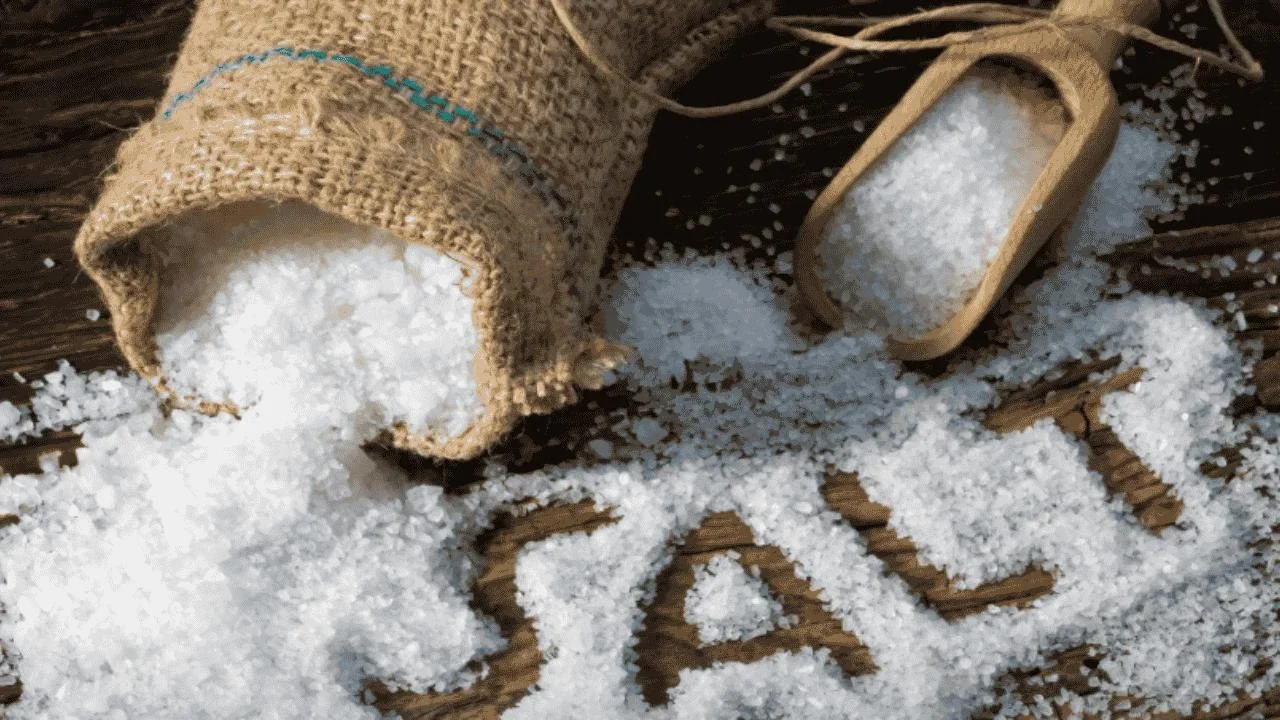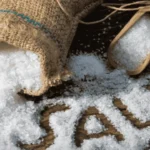By Muhammad Saleem
It’s not gold or oil, but a treasure hidden beneath Punjab’s soil might soon bring in millions of dollars. The provincial government is planning to set up a special export zone near the famous Khewra mines — not for minerals or metals, but for salt.
Officials say this project could help Pakistan earn more foreign exchange by exporting value-added salt products instead of just raw material. The Khewra salt export zone could mark a turning point in Pakistan’s mineral development strategy.
Punjab’s Hidden Treasure: The World’s Second-Largest Salt Reserves
Punjab holds the world’s second-largest salt reserves, and the government now wants to make the most of this natural wealth. A senior official from the Mines and Minerals Department told this reporter that the department has proposed a new export processing industrial estate near the Khewra mines.
“Our salt is a hidden treasure that can bring in valuable foreign exchange,” the official said. “We need to use it wisely and increase its export potential.”
Project to Be Led by Punjab Mines and Minerals Department
The proposed estate will be developed by the Punjab Mines and Minerals Department. It will provide technical and business support to local companies and foreign investors interested in salt processing.
The official added that many countries are earning large sums by selling value-added products made from Pakistan’s pink salt. “We need to build our capacity to export value-added salt to Gulf countries, China, and the European Union,” he said. “Only value addition can help Pakistan attract more buyers and boost its export income.”
PBIT’s Approval and Planning Phase
According to Owais Ahmed, spokesperson for the Punjab Board of Investment and Trade (PBIT), the proposal has already been submitted to the board of directors for final approval. Once cleared, the project will move into its planning and development stages.
Salt Industry’s Potential to Boost Jobs and Exports
Local business owners believe the salt export zone could change the future of Pakistan’s mineral exports. Saqib Naveed, who runs a business in salt crafts, told this scribe that the new estate will help boost production, create jobs, and draw foreign investors.
He said the government should also offer tax breaks and import incentives for machinery used in salt processing. “Duty-free packaging is vital for this industry,” Naveed said. “Our private sector has the potential to grow fast, but it needs consistent policies and government support.”
Value Addition and Tax Incentives for Salt Exporters
Exporters currently face difficulties importing advanced machinery for salt processing. Naveed pointed out that with such vast salt reserves, Pakistan has a rare chance to compete globally. “The creation of an export processing estate is a strong step toward industrial growth and economic strength,” he said.
He added that a well-organized salt industry could also benefit from digital tools and modern packaging techniques to improve product quality. “Only value addition can raise our export volumes — packaged, flavored, and industrial salts have a clear market in international trade,” Naveed explained.
He stressed that tax incentives and consistent policies would allow Pakistani exporters to compete more effectively in global markets.
Author Profile
-
Muhammad Saleem is a Lahore-based journalist with a focus on environmental issues, urban development, and the challenges faced by local industries.
With years of experience reporting on the intersection of business, policy, and public health, Muhammad Saleem, brings in-depth analysis and firsthand insights into the struggles of small and medium enterprises as they navigate regulations and sustainability challenges.





